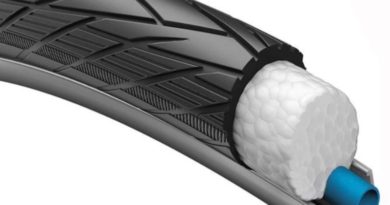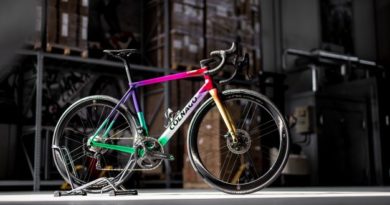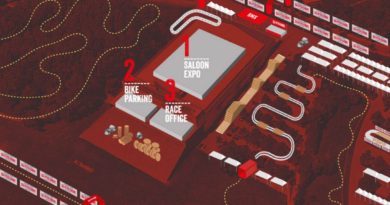LEVA slams Dutch proposal to introduce own regulations for e-mobility market
The (outgoing) Minister of Infrastructure and Water Management has submitted a proposal to the Dutch House of Representatives to introduce specific Dutch requirements for a number of Light Electric Vehicles (LEV). LEVA-EU has studied the proposal and concludes it is in breach with EU legislation.
The proposal concerns electric cargo cycles, electric scooters and self-balancing vehicles with steering wheels.
In the proposal, the vehicles are split into 4 categories: e-(cargo)cycle <55 kg, all other LEVs < 55 kg, LEVs for cargo transport > 55 kg and LEVs for passenger transport > 55 kg. For each category, the proposal includes requirements for approval and surveillance, for road admission and for road use.
For category 1a, nothing changes except the limitation of the maximum width for a cargo cycle to 1 metre. The vehicles in this category are allowed on the road without additional approvals.
For categories 1b, 2a and 2b, an approval and surveillance procedure will be introduced, which will be fully assigned to RDW. RDW is allowed to make the rules, inspect the vehicles and then also supervise.
LEVA-EU has concluded from its analysis that the Dutch government’s proposal to subject certain vehicles, excluded from Regulation 168/2013, to national approval is in breach of European legislation.
In the general explanation on the technical requirements that the Dutch Ministry of Infrastructure and Water Management will discuss with stakeholders next Thursday, it is stated that “These vehicles cannot be admitted to road traffic following other European regulations, which thus means that they are implicitly prohibited.”
LEVA-EU believes that this conclusion is incorrect. Just as conventional e-bikes, electric cargo cycles, electric scooters and self-balancing vehicles are excluded from Regulation 168/2013 and are therefore subject to the Machinery-, EMC and RoHS-Directive. The Machinery Directive stipulates: “Member States shall not prohibit, restrict or impede the placing on the market and/or putting into service in their territory of machinery which complies with this Directive;”
The Dutch government has accepted for conventional e-bikes to be admitted on the road without additional requirements. LEVA-EU claim that is therefore illogic, inconsistent and illegal to subject e-cargocycles, e-scooters and self-balancing vehicles, which comply with the Machinery-, EMC- and RoHS-Directive to additional national technical requirements.
Annick Roetynck, LEVA-EU Manager, said: “These proposals significantly complicate the lives of electric cargo cycle manufacturers, while they are not based on sound safety considerations. Certain LEV dimensions have been determined on the basis of the finding “that an insufficient width of the cycle path leads to an increased risk.” This is the world upside down: manufacturers all over the world will be obliged to make a purely Dutch electric cargo cycle in function of the width of the Dutch cycle path.”
According to LEVA-EU, this goes directly against all principles of European legislation, the single market and the free movement of goods.
LEVA-EU also requests clarification from the Dutch government on how these regulations have an objective in the Dutch public interest of which they constitute the main guarantee for the general Dutch interest. These are the legal European conditions defined in Directive (EU) 2015/1535 for issuing national technical regulations. The Netherlands should also notify the European Commission and the member states of this national initiative. To date however, there is no trace of such notification in the European TRIS Database.
For all the above reasons, LEVA-EU is requesting the Dutch government to waive the LEV Approval Framework and to no longer deny or obstruct access to public roads for all LEVs that meet the requirements of the Machine, EMC and RoHS Directives by means of impeding national technical requirements. This request also concerns self-balancing vechicles without a steering wheel.



